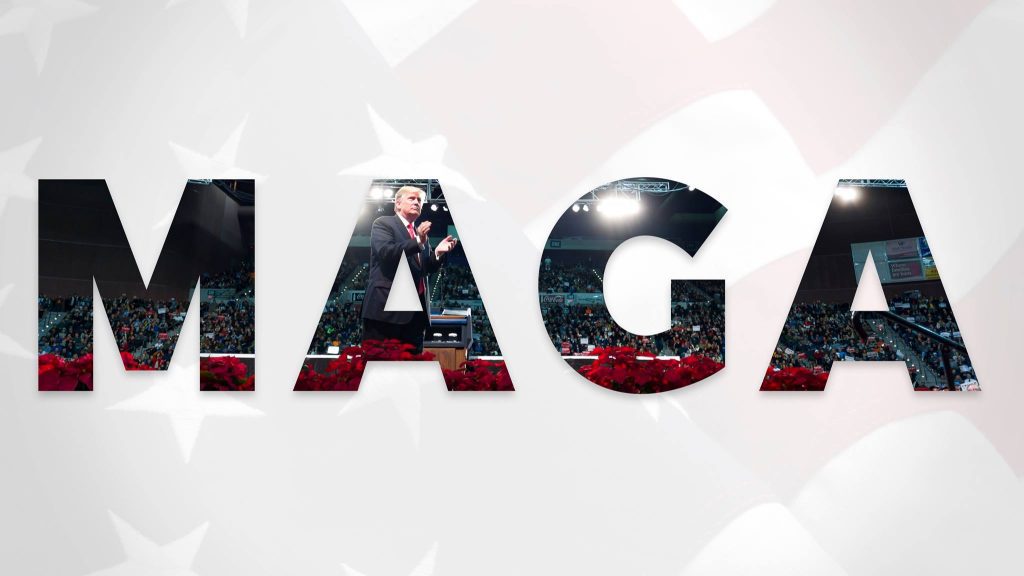
Washington, D.C. – A National Intelligence Council (NIC) assessment, released on April 18, 2025, has challenged President Donald Trump’s justification for mass deportations, finding no evidence that Venezuela’s government directs the Tren de Aragua gang to “invade” the U.S. The report, drawing on 18 U.S. intelligence agencies, directly contradicts Trump’s claim that the gang operates under President Nicolás Maduro’s orders, a narrative central to his invocation of the 1798 Alien Enemies Act.
Trump used the act in March 2025 to deport over 260 migrants, including 137 Venezuelans, to El Salvador’s high-security “Terrorism Confinement Center,” labeling them Tren de Aragua members. He called the gang a “hybrid criminal state” orchestrated by Maduro, justifying the wartime law last invoked during World War II’s Japanese internment. However, the NIC’s findings, reported by The Washington Post, assert that Tren de Aragua—a loosely organized group involved in trafficking and extortion—lacks state direction. Only the FBI dissented, citing unverified data of “moderate” cooperation. Geoff Ramsey of the Atlantic Council told the Post that the gang functions as a “brand” for disparate criminals, not a Maduro-led force, noting a 2023 Venezuelan raid on the gang’s prison base as evidence of conflict with the regime.
The report weakens the legal basis for Trump’s deportations, as the Alien Enemies Act requires a hostile state’s involvement. Critics, including the ACLU, have slammed the operation as unlawful, citing cases like Jerce Reyes Barrios, a soccer player deported over a misidentified tattoo. A federal judge ordered a halt, but deportations continued until the Supreme Court ruled on April 7, 2025, requiring detainees a chance to challenge their removal. Venezuelan expert Ronna Rísquez told NPR that Tren de Aragua uses no distinct tattoos, exposing flaws in ICE’s vetting.
On X, reactions are polarized. Immigration attorney Aaron Reichlin-Melnick called the deportations “lawless,” while FBI Director Kash Patel claimed over 310 gang members have been detained since January. The report’s release fuels debate over Trump’s immigration tactics, with some Democrats arguing it exposes a fabricated crisis, though no evidence suggests a “bombshell leak” as some claim—the assessment surfaced through official channels.
As legal challenges mount, the NIC’s findings raise questions about the deportations’ legitimacy and ethics, particularly for migrants sent to El Salvador’s brutal megaprison without due process. The controversy underscores the stakes of Trump’s immigration agenda in a divided nation.


